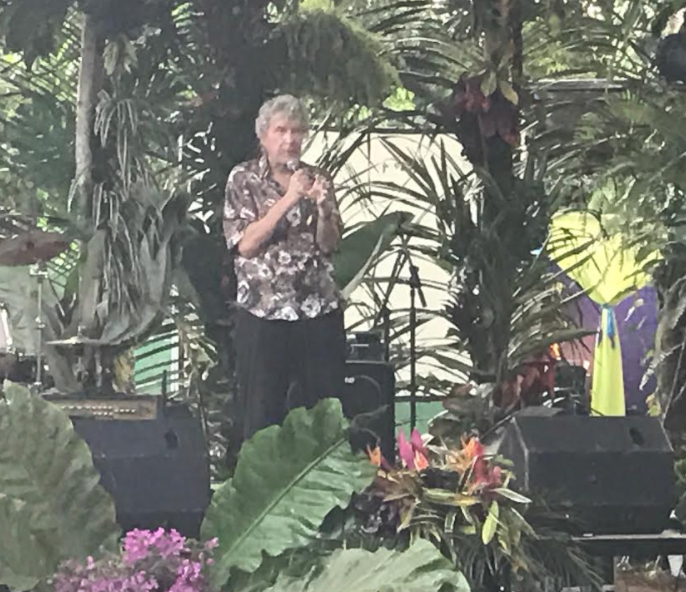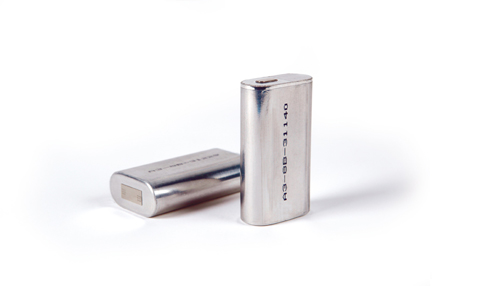
At the Envision Festival in Uvita, Costa Rica last month, one of the speakers present was Jon Perkins, author of Confessions of an Economic Hit Man. For those who haven’t read the book, Perkins writes about how he worked for years to identify foreign nations which had resources the US economy needed, and then to meet with the leaders of those countries to offer World Bank funded loans for economic development. The loans would be used for a variety of purposes, but invariably would help develop roads, bridges, tunnels and other infrastructure to help US companies extract natural resources more easily.
He argues that the system would inevitably leave the countries beholden to debts that were hard to pay off. Once the debt payments became too heavy, the countries would be offered a way out—signing over sweetheart deals for cheap extraction of resources. Perkins suggested that world leaders who said no, in several instances, ended up being overthrown, undermined, or outright assassinated.
This culture of extraction and manipulation has created a war economy, or a death economy, according to Perkins. “We need to transition to a love economy,” he said. As an example, he cited Luv Burger, an all vegan, one of the awesome organic food vendor at the Envision Festival where he’d gotten lunch that day. “The girl working at Luv Burger told me that my lunch was prepared with love,” he said, and indicated that it made him feel great.
Perkins said the power of intention is real, and that we need to treat others with respect and provide goods and services intended to heal the world and each other, and was pleased to see that, across the world, this economic revolution is firmly in place, as evidenced by the strong growth of clean energy, organics, healthy foods, and an increased focus on locally produced goods.
Perkins talked about how we got to a point of being so low in the way we treated and respected other nations and sovereign peoples. It’s an economic mindset that companies should only focus on profit that has led to so many of society’s problems, he said. “Everything changed in 1976,” he said. “When Milton Friedman won the Nobel Prize for economics with the idea that the only responsibility of business is to make a profit.” That mindset leads to cutting corners, and bad things happen as a result.
Where we are, and what to do about it
Perkins travels the world to give talks to politicians, Boards, CEOs, and investor groups. He said that, for the most part, people want to do the right thing. He cited CEOs who told him that if they pushed more corporate social responsibility, their Boards would just replace them with someone who would put all their focus on profits.
Resoundingly, however, he said that public pressure works. He suggested that we all email companies and let them know that we love their brand, that we like their products, but that we won’t buy from them anymore until they get better with their CSR. He said that most CEOs would bring that sort of public response to their Board and justify improving their carbon emission profile, or their supply chain management, or their employment diversity…or whatever it is that is needed. Perkins said that even sociopathic CEOs and Board members would get on the sustainability train if they felt that their profits might be negatively affected otherwise.
Perkins finished with some advice for those of us on the front lines of the fight to save humanity from itself. He said that at some point in the War for Independence, George Washington’s troops were tired, hungry, dejected, and pinned in a corner at Valley Forge, basically waiting for the inevitable destruction that surrounded them. He said that a speech written by Thomas Paine served to inspire the troops and was read to each of them. In it, Paine said that these are the times that try men’s souls. That we work hard and fight the right fight so that our children can know rest and peace. So when the odds are against you and things seem hard, that’s a great thing to keep in mind— the moral arc of history was rarely smooth, and as Martin Luther King, Jr., said, the moral arc may be long, but it does bend toward justice.








